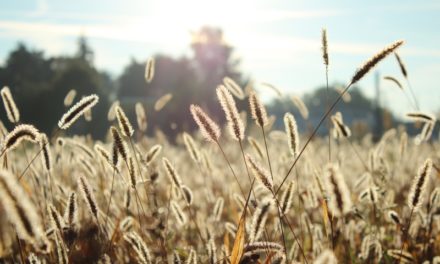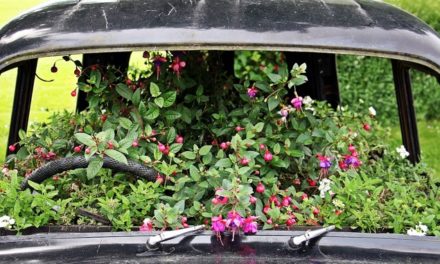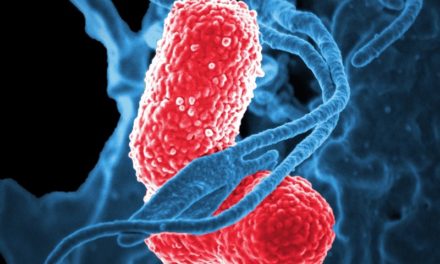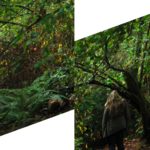Experimental School Of Nutritional Gardening
This will be a serious gardening school
-
foremost, to teach people how to grow their own nutritionally-packed food anywhere
-
secondarily, to learn other disciplines related to growing your own food
-
math (to know how to portion, convert measurements, figure volumes, etc)
-
science (to become familiar with forces of nature that can affect gardens)
-
industrial arts (to learn how to build and fix things related to gardening)
-
food preparation and preservation (to present Taste-N-See classes)
-
civics (to know how to work with the laws of the land)
-
the arts (to learn how to express gardening in the most attractive ways)
-
history (to learn how agriculture has affected individuals and nations in the past)
-
Bible (to learn how the spiritual life intertwines with gardening and character building)
-
public speaking (to learn how to give gardening talks in public… and make them evangelistic, when appropriate)
-
economics (to make ends meet to make a profit)
-
cultures (how to adapt gardening styles to different cultures)
-
health (how to maintain and enhance it through gardening)
-
psychology (how plants and emotions correlate)
-
self-improvement (applying character-building lessons to gardening and vice versa)
-
Students will learn the many facets of gardening
-
seeds (their needs and potential for improving)
-
soils (how to identify, use, change,and care for them)
-
weather/climates (how to use and prepare for them)
-
weeds & pests (how to profit from, get rid of, or control them to your advantage)
-
equipment (their special characteristics, how to make, use and care for them)
-
shelters (how to construct different kinds to protect plants & enhance growth)
-
will have practical experience in the The 7 Levels of Gardening
The school will also be experimental, with data collected to support their research
-
to enhance growth
-
to increase yield
-
to make more climate hardy and resist spoiling after harvest
-
to improve seed for the next generation (power seeds)
-
to resist disease and infections
-
to hasten harvest
-
to improve nutritional quality
-
to design better growing areas
-
labor-saving devices and systems
the student will learn how to be self-supporting
-
through the growth and sale of produce (CSA, truck gardens, fruit stands, etc.)
-
through specializing (like seasoning herbs, empowered seeds, dried flowers, etc.)
-
through industries related to gardening (constructing greenhouses, tools, supplies)
-
through training others (classes, seminars, DVDs, books, articles)
-
learning how to use social media and other commercial advertising
the student will become an eclectic gardener
-
one who uses the best of many gardening persuasions
-
but avoids anything harmful to plant, environment, gardener, or consumer
-
is Bible based and mission-minded
-
practices methods that are counterparts of character-building principles
-
will be known for quality of produce, sustainability and simplicity of techniques, and breadth of knowledge
-
will know how to heal the land, replace it, or resurrect it if dead
-
will also be practical in their life (outside of gardening)
the mother school will be located in the NW
-
prepared to plant and nurture satellite schools anywhere
-
nonprofit? (to be discussed, possibly have investors share in the profits)
-
self-sustaining (not dependent on donations to keep afloat, once in full operation)
-
100+ acres with tillable land and abundant year-round water
-
funding will come from various sources
-
investments
-
profits from onsite industries (including internet classes, books, dvds, etc.)
-
tuition from students
-
donations
-
charges for services (consultations, seminars, projects outside of the school)
-
all workers will be paid equally or fairly
-
-
students will be from high school (junior and senior) to adults
-
facilities for RVs (short or long term), cabins (for small families), dorms (for singles), houses (for larger families)
-
classes will be on site, via internet, DVDs, as well as in satellite locations (future plans)






